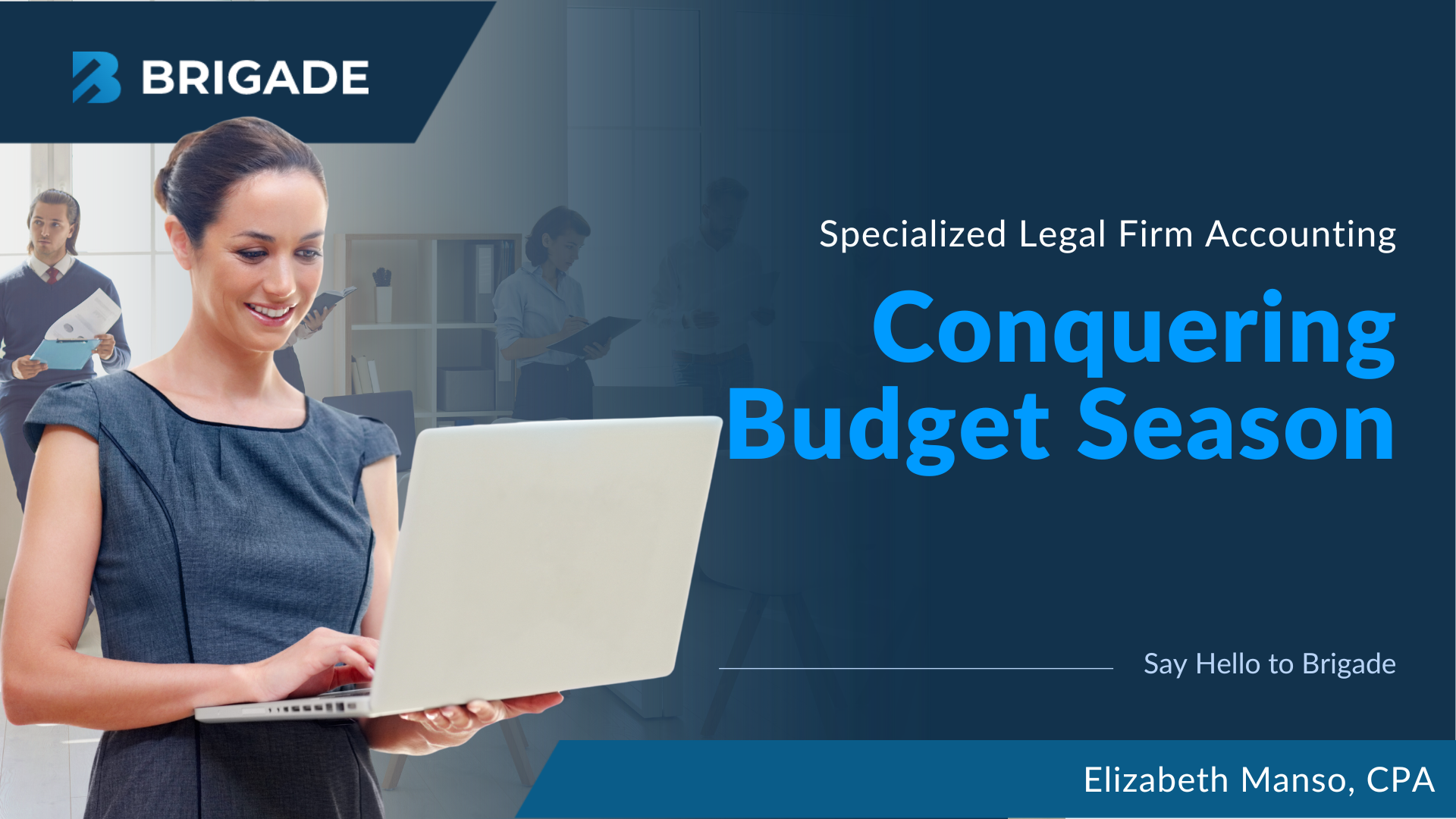
Can you believe half the year is already over? This week marks the halfway point of 2018. I want to use the rest of this year to teach you the best bookkeeping practices we use at Brigade Bookkeeping that your bookkeeper or accountant should be sharing with you. Let’s start accrual versus cash accounting.
If you’re a small business owner, you should know there are two types of accounting, cash accounting and accrual accounting. Cash accounting is when you record your income as it’s received and when expenses are paid. With the cash method, small business owners don’t have to take into account their accounts receivable or payable. So for example, if you invoice your client in July, but they don’t pay you until August, then you record the transaction in August when the payment is made.
In accrual accounting, income and expenses are recorded when they’re billed and earned, no matter when you get paid. For example, if you do a job in July, you would record it as income in July, even if you don’t get paid until August.
Now that you know what both methods are, here are some other things to consider:
-
PAYING YOUR TAXES
– One of the benefits of cash accounting is that you don’t have to pay income tax until the money is deposited into your account.
-
CASH FLOW INACCURACY
– There are downsides in both types of accounting when it comes to cash flow accuracy. In the cash method, you have a good idea of how much money you currently have. In the accrual method, your cash flow will be low because your accounting will reflect money that’s still to come.
-
SALES UNDER $5 MILLION
– Small business owners can choose either cash accounting or accrual accounting at anytime. But if your business revenue exceeds $5 million, then the IRS requires you to use the accrual method.
-
USE BOTH METHODS
– Some small business owners or their bookkeepers use both cash accounting and accrual accounting to keep track of income and expenses. There’s no wrong or right, just what’s best for your company.
If you have a bookkeeper or accountant, make sure you review with him or her what type of accounting your business is using, cash or accrual. If they don’t know the difference, or are unable to share with you the type of accounting they’re using to calculate your company’s revenue, then consider getting a second opinion on who does your books. It’s your business, your money and your financial future that’s on the line.

